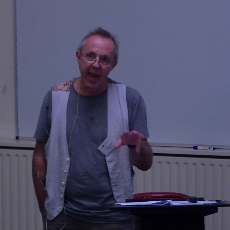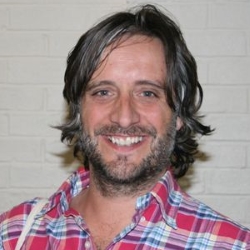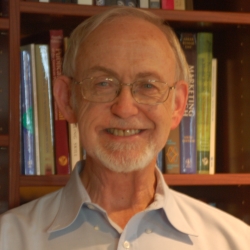As a result of researching on the Venezuelan episteme (along with Dr. Alejandro Moreno), it was found that Venezuelans perceive themselves as “in-relationship”; they do not conceive themselves as individuals.
In consequence, as a Clinical Psychologist, I started thinking about the implications of these findings on the therapeutic relationship and the way empathy is established.
Rogers considered empathy and relationship concepts from a modern paradigm where the person is an individual self; but Venezuelan therapists need to overcome the phenomenology and take into account what has been lived and shared in the same life-world and hermeneutic horizon.
Read More










